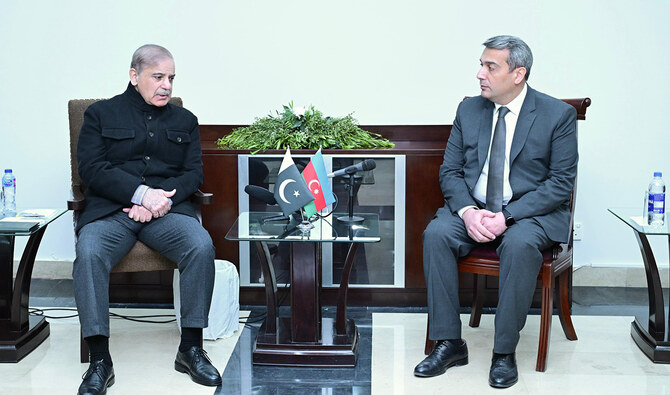ISLAMABAD: The foreign office on Wednesday criticized Indian media’s “disingenuous” attempt to play down an incident of “accidental firing” of cruise missile in Pakistan earlier this year, saying the news report had misreported the top International Atomic Energy Agency (IAEA) official’s comment by saying the event was of no particular concern to his organization.
India’s nuclear-capable BrahMos missile crashed into Pakistan’s eastern province of Punjab on March 9 without causing any casualties. The Indian authorities described the incident as “accidental firing” before announcing the dismissal of three air force officials in August for deviating from standard operating procedures.
The Indian media asked the IAEA director general if his agency had sought information on the incident from the administration in New Delhi before reporting that he said it was not of specific concern to his agency.
“The report is a disingenuous attempt by the Indian state-sponsored media to absolve India of its irresponsible nuclear behavior by directing this question at the Director General IAEA,” the foreign office said in its statement. “The available transcripts show that DG IAEA responded in the negative when asked whether the IAEA had sought information from the Indian government on the incident. It should have been qualified by stating that IAEA has no mandate on such matters.”
The foreign office said the IAEA official’s response had been “purposely misinterpreted to trivialize the incident of a nuclear-capable BrahMos missile fire with grave implications for regional and global security.”
It reiterated that the incident had raised several questions about India’s conduct as a nuclear state, “including whether it was actually an accident.”
The statement also maintained that New Delhi needed to answer questions about the underlying intentions, technical features and reliability of the missile system, safety, security and nuclear command and control protocols.
It pointed out there had been “repeated incidents of nuclear and radioactive material theft and illicit trafficking” in India which were yet to be explained and were “more relevant to the IAEA mandate.”
“These critical questions, which remain unanswered, should continue to be of concern to the international community,” the foreign office added.

















